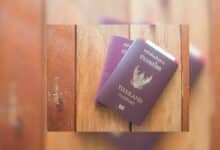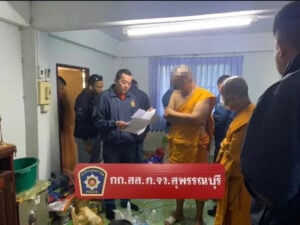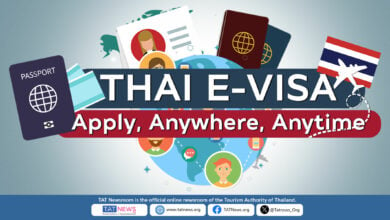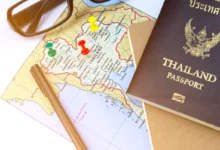Overcoming Thai visa denial: Steps to turn rejection into approval
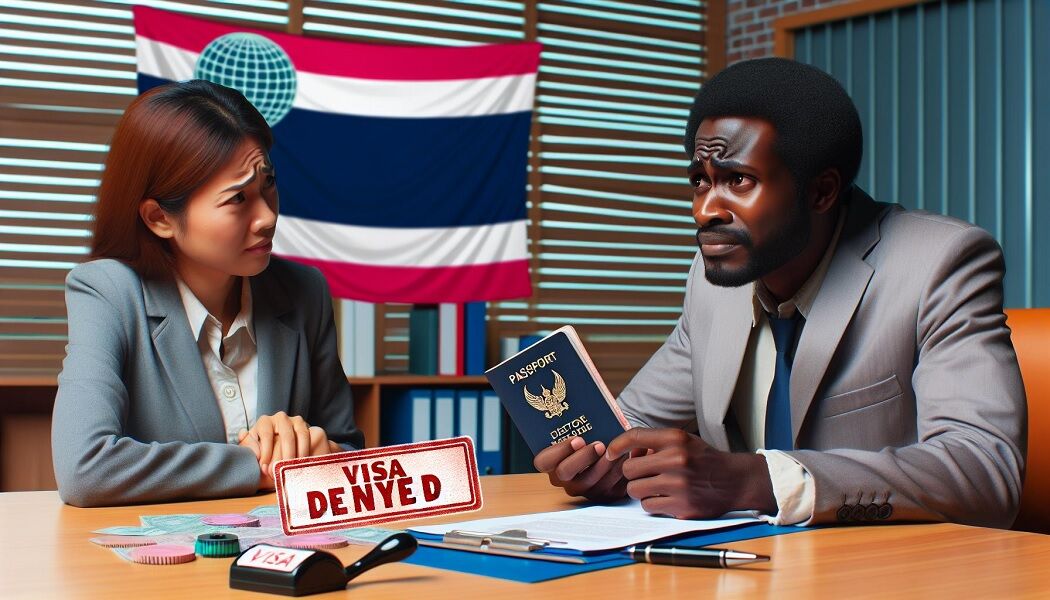
Experiencing a visa denial in Thailand can emerge as a considerable setback, especially for those who have harboured ambitions of engaging deeply with the country’s profound cultural heritage and remarkable landscapes or embarking on business endeavours. Nonetheless, it is critical not to yield to despair at this point. While it may seem like a barrier, it does not represent an insurmountable hurdle. Some steps can be taken to understand the reasons behind the denial and methods to rectify the situation.
Initially, comprehending the specific reasons for your visa denial is paramount. Understanding these details can illuminate the errors made and suggest how one might subsequently alter one’s approach. Identifying the cause is the first step to resolving issues with incomplete documentation or travel agenda concerns.
Furthermore, though one’s immediate inclination might be to reapply or lodge an appeal, it is critical to pursue these options with a meticulously devised plan. From procuring supplementary documentation to contemplating alternative visa categories, numerous paths are available for exploration. Continue reading as we delve into practical steps and insights aimed at transforming your visa denial into a constructive experience, thereby facilitating a successful application in subsequent attempts.
Reasons for visa denial in Thailand

Encountering a visa denial in Thailand can indeed be discouraging. Comprehending the rationale behind your application’s rejection constitutes the initial step towards addressing the problem. Let us explore the prevalent causes of visa denial.
Lack of required documents
Getting your visa application right hinges a lot on making sure you’ve got all the needed paperwork in order, and that it’s filled out just right. It’s pretty easy to miss a spot or two on those forms, forget to show you’re planning to come back, or not have enough details about where you’ll stay. So, it’s super important to double-check everything is there and spot-on before you send it off. Embassies and consulates are pretty picky and even small slip-ups could mean a no-go. The real trick is not just having the right papers but making sure they fit exactly what the embassy wants.
Criminal record
Individuals possessing a history of criminal activity should be cognizant of the substantial effect this may have on their visa application proceedings. Thailand, in conjunction with numerous nations, enforces rigorous entry prerequisites about the criminal histories of applicants. The act of disclosing one’s criminal record does not serve as an immediate basis for disqualification; however, omission to do so may result in rejection. Those concerned about their criminal past’s impact on their application should seek advice from immigration specialists. These professionals can provide insight into whether one’s specific situation could lead to a refusal and advise on possible measures to ameliorate such outcomes.
Insufficient finances
Demonstrating adequate financial resources is essential to confirm your capability to sustain yourself throughout your tenure in Thailand. Authorities must ascertain that applicants possess the means to afford their living expenses, negating any necessity to engage in unauthorised employment. The precise financial criteria may differ based on the specific visa category under consideration. Typically, applicants are required to present bank statements or equivalent financial records as proof. Failure to satisfy these financial stipulations will probably result in the rejection of your application. Therefore, it is critical to meticulously plan and verify that your financial situation is thoroughly prepared before submission.
Steps to take after visa denial
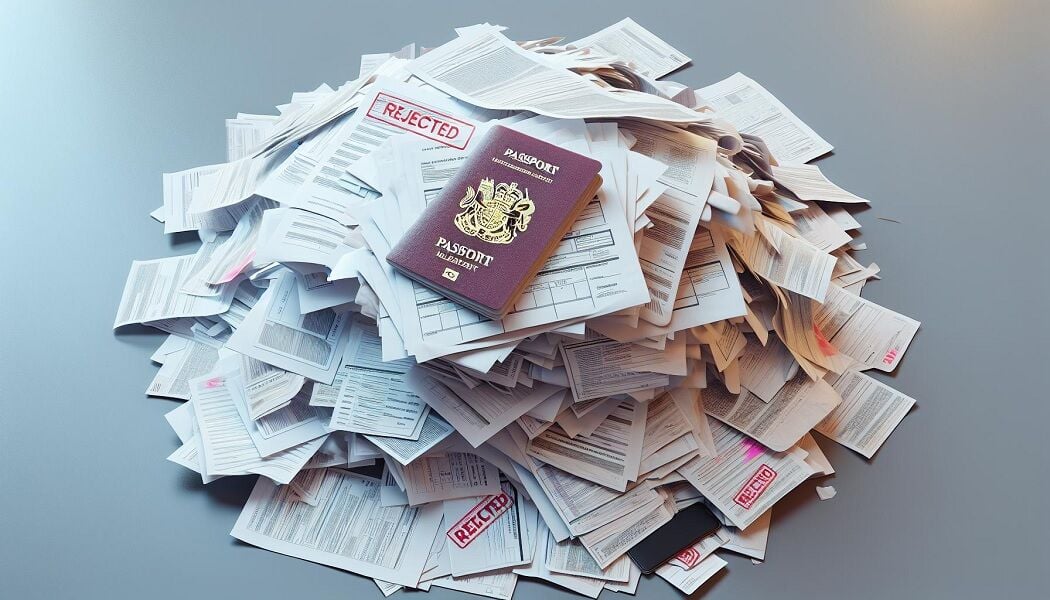
In the event of a visa denial in Thailand, understanding the subsequent steps to take is crucial. Navigating this process can be challenging; however, with a proper strategy and understanding, one can effectively prepare for their next course of action.
Request for reconsideration
Should your visa application face rejection, an advisable initial measure would be to solicit a reconsideration. This entails submitting new or supplementary information that was absent from your original application. Identifying the precise cause of the visa denial is crucial. Whether the rejection stemmed from incomplete forms, insufficient evidence, or another factor, directly tackling these issues can markedly impact the outcome. It is imperative to provide persuasive documentation that adequately addresses the concerns of the consulate.
Seek legal advice
Navigating the complexities of visa denial can often require expertise beyond personal research. Seeking legal advice from a professional experienced with Thai immigration laws could be invaluable. They can offer insights into why your application was denied and guide you on the best course of action. Whether it involves appealing the decision or crafting a stronger application, expert advice can significantly enhance your chances of success. They might also provide you with crucial information about subtleties in the process that aren’t widely known but can be crucial for your application.
Apply for a different visa type
Occasionally, the rationale behind the denial of a visa application may suggest an incongruence between the declared purpose of the visit and the category of visa sought. In such instances, it is advisable to re-examine your circumstances and contemplate applying for an alternative visa category that more accurately reflects your intentions or situation. Thailand proffers a diverse array of visas, each characterized by specific requirements and designated purposes. A meticulous assessment of your alternatives, followed by the selection of a visa category that most aptly corresponds with your circumstances, may augment the probability of obtaining approval upon subsequent application.
By adopting this proactive strategy in response to a visa denial, you equip yourself with various avenues for progression. Whether through submitting a request for reconsideration, engaging legal counsel, or opting for a different category of visa, multiple routes exist towards achieving resolution. Comprehending the underlying reasons for your visa rejection and addressing these issues can markedly improve your chances for a favourable outcome in future applications.
Seeking alternative options
Facing a visa denial in Thailand isn’t the end of the road; it’s a bump that you can navigate with the right approach. By requesting a reconsideration and arming yourself with additional information, you’re already on a path that could lead to a different outcome. Don’t overlook the value of expert advice either. A specialist in Thai immigration laws can offer insights and strategies you might not have considered. And remember, exploring other visa types could open new doors, presenting opportunities that align better with your circumstances. With perseverance and informed actions, you’ll enhance your chances for a successful visa application in the future. Keep a positive outlook and stay proactive — your journey in Thailand might just be beginning.
Your Thai visa application might face rejection due to incomplete documentation, a criminal record, or insufficient finances. Accurately filling out paperwork, disclosing past criminal activities, and demonstrating adequate financial means are crucial for Thai visa approval.

